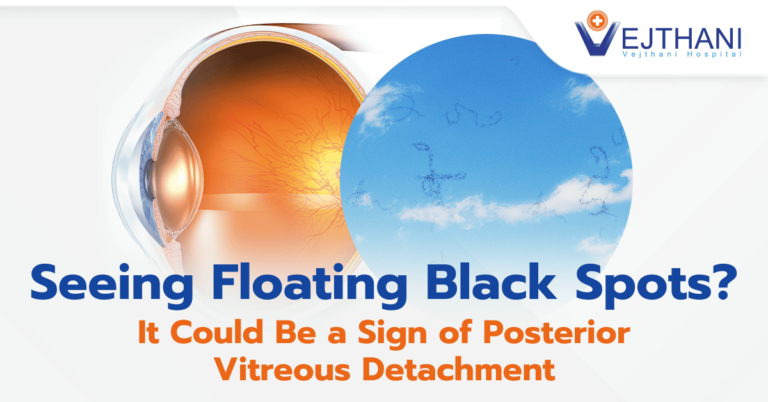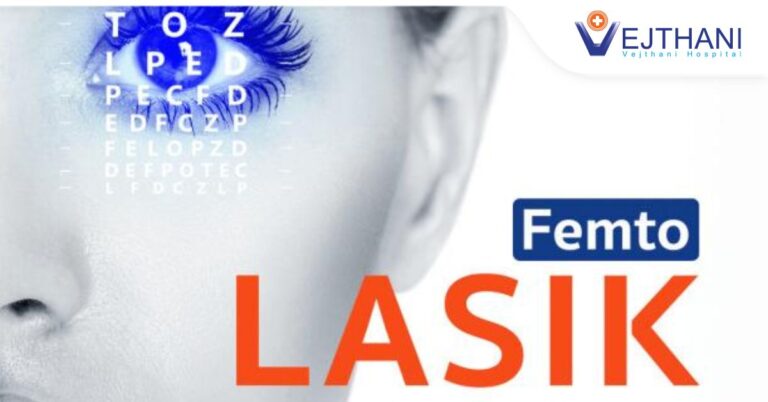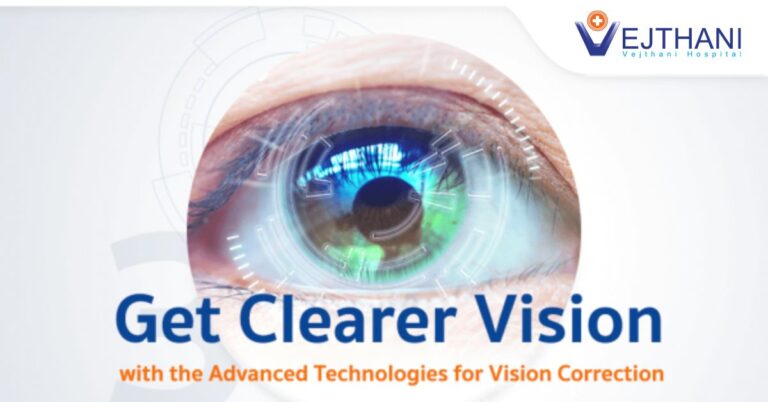

Wearing eyeglasses can help people who have eyesight problems such as Myopia, Hyperopia, and Astigmatism in order to see clearer, but it may not be a solution for some activities especially playing sports or when applying makeup on. Current technologies available give us choices of methods to correct eyesight problems faster and safer; with greater benefit and better accuracy
Your Vision Changes as You Age.
Camera lenses deteriorate in time, just like our eyesight changes as we age. A newborn baby has Hyperopia eyesight and only sees the mother’s lips. Then, the body starts to adjust or change the eyesight through the growing process. If there is a genetic abnormality or other provoking factors such as a prolonged computer, tablet and smartphone screen time can cause early myopia of the baby. Hyperopia is common in adults age older than 40 years old. The condition has developed from tired eyes and changes in the retina which can be compared to old camera lens with a focusing problem.
Alternatives Eyesight Correction Technologies
The very first way to improve vision error starts with eyeglasses and then develops to a contact lens which may not be the solution for everyone especially to those sports lovers or people who needs to present their best personality in their careers. Moreover, wearing contact lenses puts you at risk of eye infections that can cause blindness. If you prefer not to carry lot of things, wearing contact lens may be not the right answer, because you have to carry solution and a case everywhere you go.
Nowadays, there are technologies of vision correction available which are more convenient, faster and safer with high efficiency as alternatives for the ones who no longer want to wear eyeglasses or contact lenses. Thus, the technique chosen depends on the patient’s eyes condition:
- PRK (Photorefractive Keratectomy) suits for a patient who has dry eyes or thin cornea. An ophthalmologist uses Excimer laser; a comprehensive technology launching cool pulsing beam to reshape the corneal tissue and bandage by soft contact lens until your epithelial cells grow back. The doctor then removes the bandage contact lens.
- Lasik: Laser In-Situ Keratomileusis is used to correct common eyesight problems such as Myopia, Hyperopia, and Astigmatism. During the treatment, the first layer of a thin protective flap will be created on your eye, then Microkeratome is used to correct the shape of the cornea, the created thin layer will be folded back on the eye’s surface at the end of the procedure.
- Femto-LASIK: Femtosecond – LASIK: Bladeless LASIK is the technology using a laser in a processor called All laser LASIK. A tiny flap on the cornea is created by Femotosecond laser, and then adjusts the curvature by Excimer laser. Bladeless LASIK allows the surgeon to work more accurate, and it benefits to patient’s safety and recovery.
High Technology Emphasizes Safety and Accuracy
Excimer laser produces ablation speed at 500 Hz per second with High-Speed Eyetracker 1,740 Hz per second which tracks the eye’s fastest movement in 6 directions. Moreover, this technology allows a technician to correct eye vision at -1.00 D in 1 second because of its utmost precision; the treatment period is shorter, more sufficient and supports better recovery and comfort.
- Readers Rating
- Rated 4.4 stars
4.4 / 5 ( Reviewers) - Outstanding
- Your Rating


























